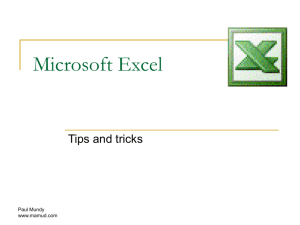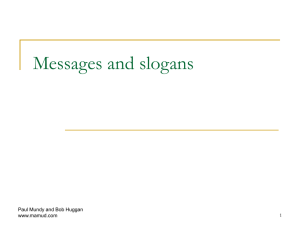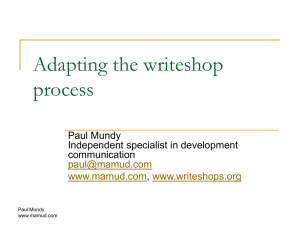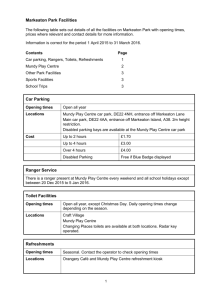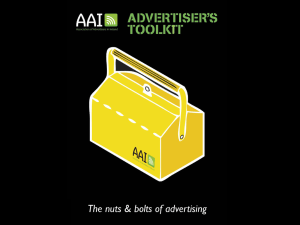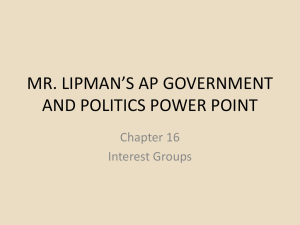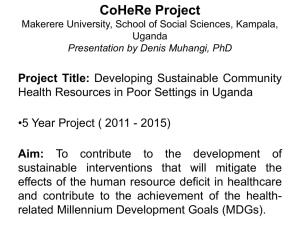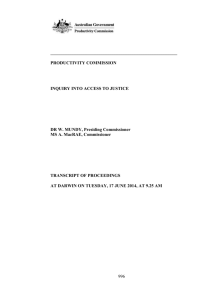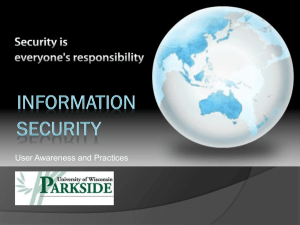Using writeshops to produce policy briefs
advertisement
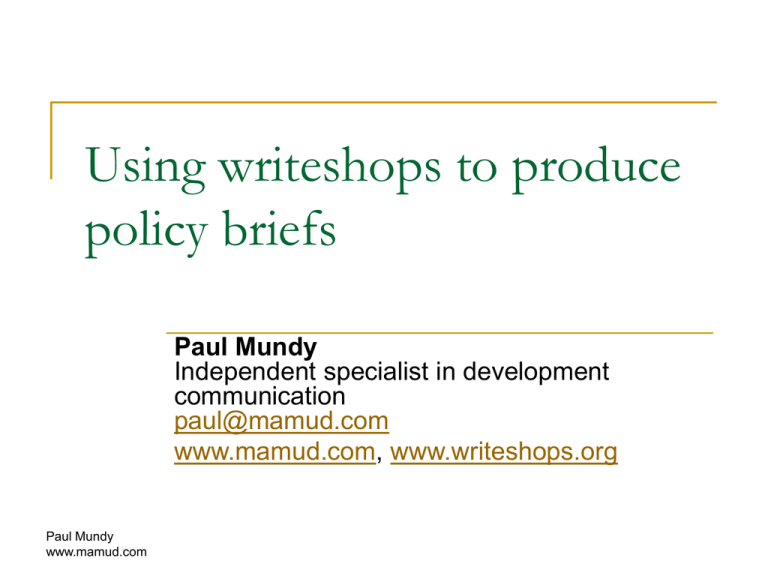
Using writeshops to produce policy briefs Paul Mundy Independent specialist in development communication paul@mamud.com www.mamud.com, www.writeshops.org Paul Mundy www.mamud.com Paul Mundy www.mamud.com Paul Mundy www.mamud.com Paul Mundy www.mamud.com Paul Mundy www.mamud.com Paul Mundy www.mamud.com Structure of a policy brief Content Plus… And… Title Summary Recommendations Introduction The body (main text) Policy implications Boxes and sidebars Cases Tables Graphics Photographs The masthead (series title) Authors Acknowledgements Publication details References Conclusions Paul Mundy www.mamud.com Elements of an NCCR brief Title Lead Max 7000 chars At least 6 subtitles Final section = Policy implications Cases Max 1630 chars 3 different countries Paul Mundy www.mamud.com 2-3 key refs only Authors Max 3 With captions Further reading Max 1 Photos Ca 440 chars Table or graphic Max 700 chars Main text Max 640 chars Boxes Max 80 chars Policy message Name, position, institution, email This issue Academic adviser, policy adviser, editors, design Why policy briefs? Demand: Government wants information on which to base policy Supply: Organizations and projects have experience and knowledge Want to influence policy Policymakers require specific types of information Short, easily to digest Non-technical language Focus on policy implications Paul Mundy www.mamud.com Problems with producing policy briefs Do not know policymakers’ needs Do not know what a policy brief is Do not how to write in appropriate style Hard to get started Difficult to identify evidence and recommendations Difficult to condense ideas and info to 2 pages Paul Mundy www.mamud.com SNV guidelines for case writing Paul Mundy www.mamud.com How to produce policy briefs through writeshops Writeshops to produce policy briefs Mini-writeshop as part of larger event Paul Mundy www.mamud.com Writeshops to produce policy briefs Within an organization Multiple organizations Training writeshops ODI: India, S Africa, Vietnam NCCR North-South: Switzerland SNV: Zimbabwe Paul Mundy www.mamud.com Training writeshops to produce policy briefs Before Writeshop After Identify authors (eg within your organization) Training presentations Authors complete draft Group discussions and exercises Submit to editor Invite authors to identify topic Provide authors with a structure and guidelines Get authors to prepare draft Paul Mundy www.mamud.com Individual work writing & editing One-on-one writing clinics Presentations by the authors Editor works with author to finalize draft Submit for approval Publish Mini-writeshop as part of larger event Writeshop to produce book Conference or workshop Policy brief Policy brief UN-HABITAT/IIRR Participatory enumerations Paul Mundy www.mamud.com FAO/INMASP/IIRR Farmer field schools Producing policy briefs as a result of a writeshop or conference Form small group during later part of event Define structure of policy brief Identify elements Allocate each element to small group or individual Write drafts Present drafts Edit Layout Paul Mundy www.mamud.com Training materials on policy briefs www.mamud.com/mamud/techniques.htm www.foodsec.org > training Paul Mundy www.mamud.com
